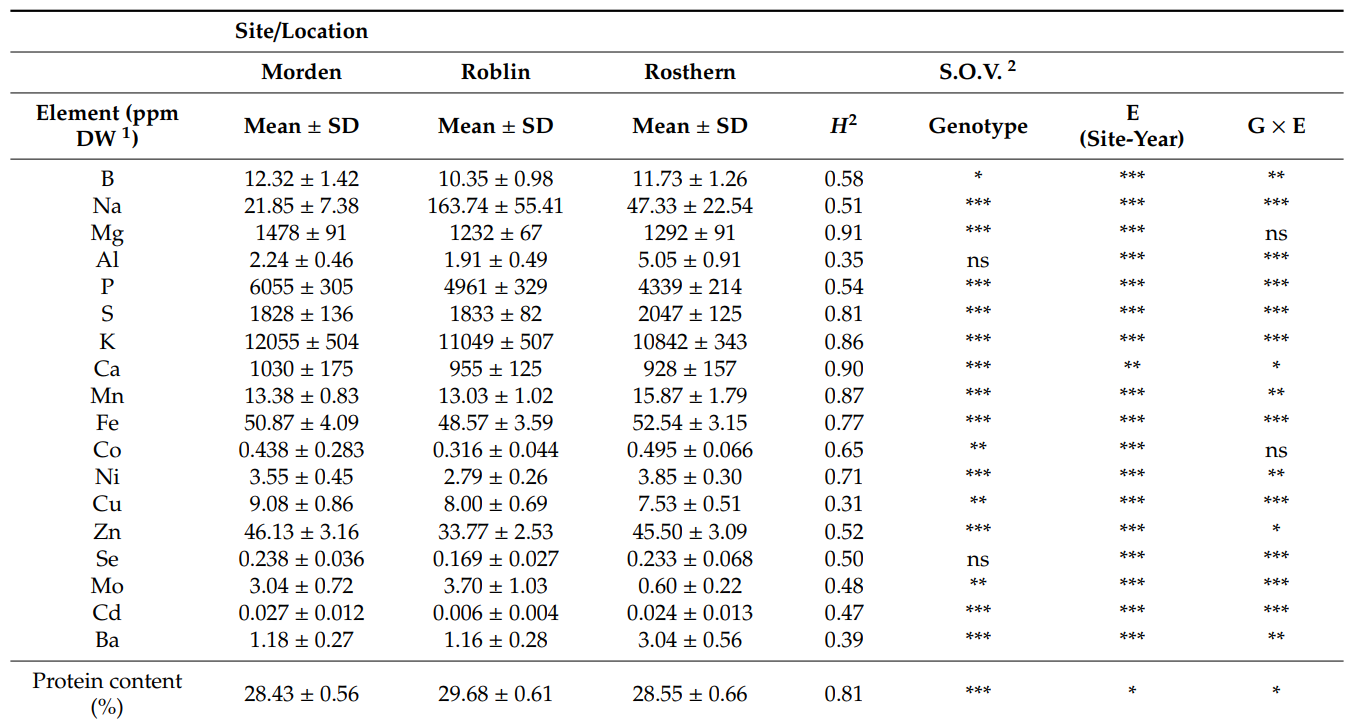14 October 2020
Why do my pulses have Ash in them?

Recently we have had a few people ask what exactly Ash refers to on our specification.
The term ash is commonly though of as what falls from the sky during a bushfire or what planes need to avoid after a volcanic eruption. Not something you'd want in your food.
Ash refers to the naturally occurring incombustible mineral content of any substance. Stated another way, ash in pulses is what is left after the body 'burns' up fat, carbohydrates, proteins and vitamins.
Not all ash is equal.
Some foods are either acid forming or alkaline depending on the mineral composition of the ash.
A pH of 0 is totally acidic and 14 is complete alkaline. In general meat, dairy, eggs and processed refined foods are acidifying. Pulses (along with most vegetables) are alkalizing.
If you want to go down the rabbit hole, you will find that is actually a lot of research on the health impacts of the pH level of foods consumed.
Furthermore, it turns out that different genetic varieties of beans and growing conditions will lead to significant variation in composition of the ash.
In March 2020, the Department of Plant Sciences, University of Saskatchewan, Saskatoon in Canada conducted extensive research on Faba Beans. Across different seed genotypes and growing regions they looked at both protein and mineral content.

Mineral content of Faba Beans
So in summary:
Ash as a word shouldn't necessarily have a negative connotation
Not all ash is equal – the mineral composing the ash is more important
Significant further study on improving that mineral composition is taking place – especially as pulses are used in manufactured plant based foods.